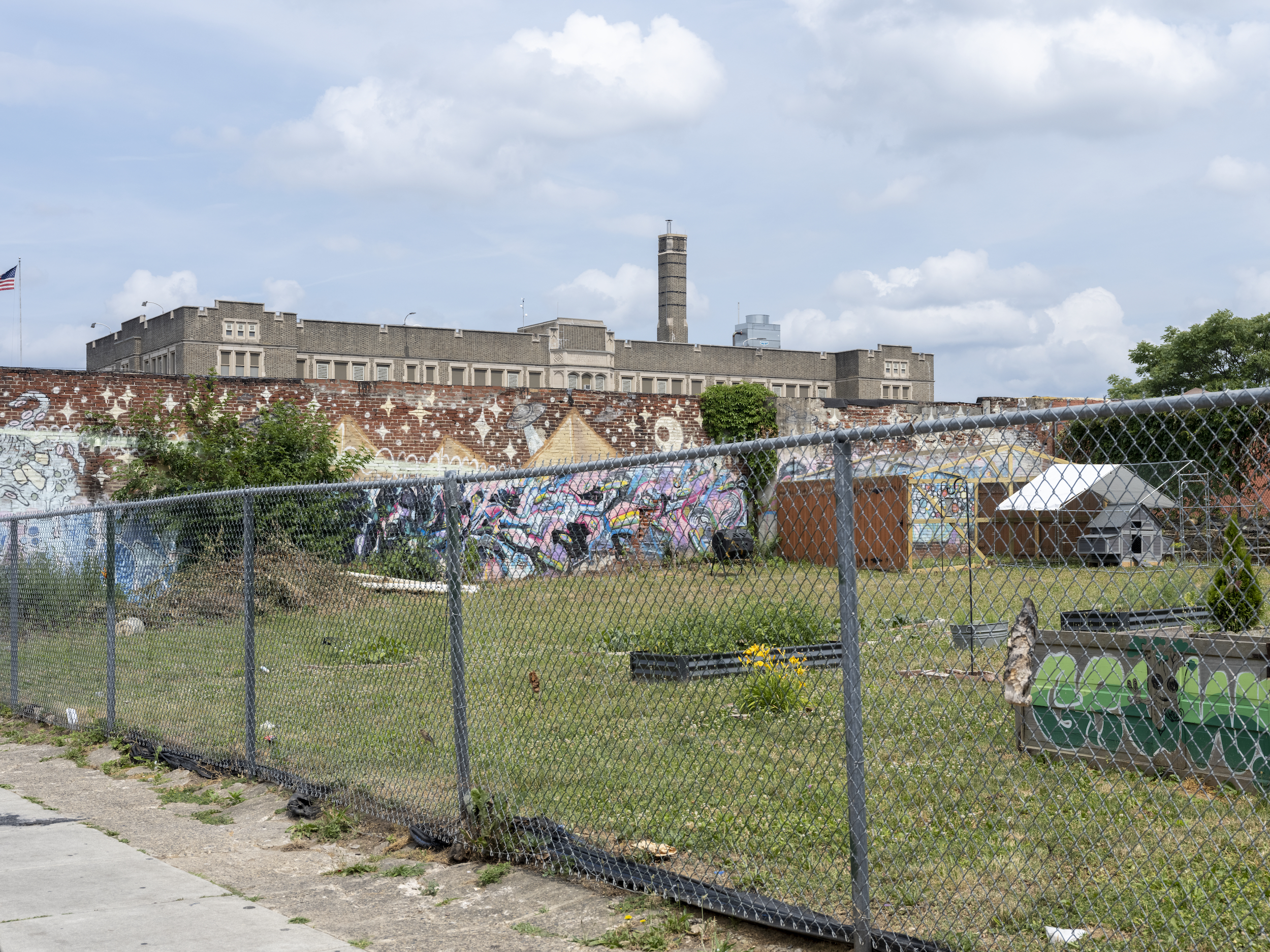Four days of terror that left a teen and two adults dead and 12 others injured on and near city buses this March underscore the need for restoring order to the streets of Philadelphia, Mayor Cherelle Parker said March 14 during her first budget address to the City Council.
“I feel a sense of urgency right now and know you feel it too,” Parker said as she presented her proposal in the council’s City Hall chambers. Parker became Philadelphia’s first woman mayor in January after she campaigned to use every tool available to make Philadelphia the “safest, cleanest, greenest” city in the country.
Parker, 51, who previously served as a member of the City Council and in the state House of Representatives, signed an executive order on her first day in office declaring a public safety emergency because of the city’s ongoing gun violence and drug abuse crises. She has charged new Police Commissioner Kevin Bethel with developing a comprehensive plan to address the scourges by her 100th day in office in April.
Parker’s budget proposal for the upcoming fiscal year, which begins July 1, stands at $6.29 billion, slightly more than former Mayor Jim Kenney’s final budget of $6.2 billion.
The proposal includes $150 million for public safety, and an additional $471 million in the capital budget. Among the expenditures:
- $24 million for grants for community-based organizations’ victim advocate and anti-violence work
- $3 million for the Citizens Police Oversight Commission
- $45 million in capital funds for a new police forensics laboratory
- $15 million for 200 new police cars, 75 of which will be unmarked
- An amount to be determined to hire 400 more police officers, including about 100 community police officers
In her budget announcement, Parker emphasized police hiring, bringing two new police recruits to stand alongside her. “My One Philly Budget supports deploying more officers in the field — walking the beat, riding a bike, getting to know the people they are sworn to protect and serve — the core of our community policing model,” she said. She praised the police officers who worked in her Pennsylvania House district, upholding them as a model of policing that relies on trust. “They knew every store owner, every rec leader, every youth sports leader,” she said.
Parker did not mention traffic stops, one of the more controversial aspects of her mayoral campaign.
The 17-member City Council has until the last day of the current fiscal year, June 30, to debate and adopt Parker’s budget.

